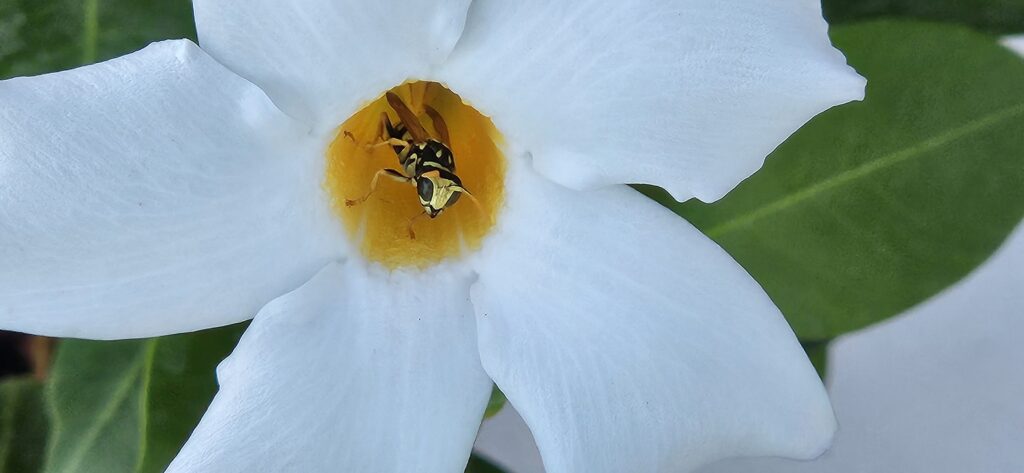The Meaning Behind It

Why Take a Moment?
Why is it worth taking a closer look – at what’s growing, blooming, crawling?
What’s the point of listening – to what rustles, chirps, or sings?
Why smell, taste, and feel – what nature offers us?
Why bother at all? And who cares? (Spoiler: we all do!)
Four mindful reasons:
Because knowledge protects and inspires
We want to inspire you to discover the world from new perspectives and with all your senses. To shift your focus, notice the ground beneath your feet, and pay attention to the little things. Many plants and animals are endangered – often because we overlook or fail to understand them. Yet every species holds a story, a wonder, a purpose:
- A plant that heals wounds
- A tiny insect that pollinates entire forests
- A bird that signals ecological change
Understanding leads to respect – and respect is the beginning of protection.
This becomes particularly clear in the case of medicinal plants:
Traditional uses include various plant parts for the treatment of numerous illnesses. This knowledge has been passed down orally across generations worldwide, but it is increasingly threatened by modernization and migration. The loss of this knowledge would not only endanger valuable cultural heritage but also important medical resources, as many modern medicines are based on traditional applications.
The documentation and description of medicinal plants not only ensure their ecological protection and sustainable use but also strengthen local communities by recognizing and supporting their knowledge of natural resources on site. In the long term, this is a crucial step toward preserving the cultural and biological diversity of the Earth.
Because we’re part of a bigger picture
We don’t live next to nature – we live within it. Every plant, every animal plays a role in the ecosystem – and our lives depend on it:
- Pollination by insects
- Fresh air thanks to plants
- Food, medicine, healthy soil
Everything we do to nature, we also do to ourselves.
Who understands that all life is connected realizes how vulnerable our Earth is.
Because perception is the first step toward mindfulness
When we recognize what’s growing, buzzing, or crawling, we see more than just “green stuff” or “creepy-crawlies”. We develop:
- Appreciation over ignorance
- Responsibility over indifference
- Connection over separation
What we notice and cherish does not easily disappear – not from our view, nor from the way we live.
Because it changes our relationship with the world
When you know that the plant growing in front of you is considered a “miracle plant” in many cultures – you walk past it differently.
Knowledge makes everyday life richer, deeper, more meaningful.
To Name – or Not to Name?
The living beings we encounter on our travels, whether plants or animals, don’t always need to be named. Words, especially scientific terms or classifications, can sometimes get in the way of simply observing and having sensory experiences without thinking. They can even be harmful when living beings are labeled as pests, weeds or useless, and seen as something humans have the right to eliminate. Earth’s ecosystem is complex. Creatures we consider harmful or predatory may actually be beneficial and play roles we don’t yet understand. As long as much remains beyond our understanding – and it may always be that way – we would do well not to place ourselves above nature, but to respect the habitat of other living beings and all of creation.
We could instead learn again to feel what the plant or animal wants to tell us. Especially with plants – location, appearance, flowering and ripening time, smell and taste, as well as their use by animals, reveal quite a lot – for example, whether they are edible.
However, knowing the names of plants and animals can be helpful when we want to learn more about them, for example, whether they are medicinal plants or symbolic animals. They also facilitate international communication and exchange. That’s why we include their scientific and local names whenever we know them. Sometimes this knowledge helps people develop a deeper appreciation. It gives them a sense of connection to the living beings around them.




Leave a Reply